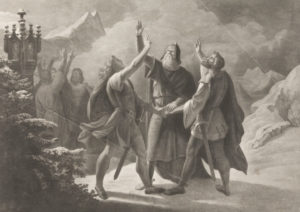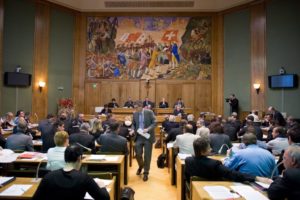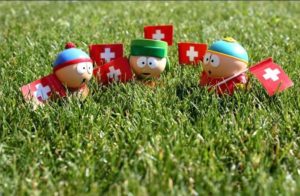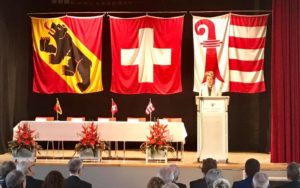
WE-VOTERS
We-voters: direct democracy – swiss model for Benelux, Europe & World
The story of Guides Bureau begins in the heart of the Swiss Alps, the cradle of direct democracy.
cfr Our story
Guides Bureau pursues a general goal of permanent education, making of each person a CRAC, an critical responsible and active citizen.
We Voters is a project of Guides Bureau. Its aim is to put direct democracy into use, in Belgium and Europe, based on the Swiss model.
Its operation is based on the practical use of the right of referendum and initiative.
But not just anyhow… for example, the referendum cannot be carried out according to “the prince’s wish”, the people may not be in a situation to give a single answer to several questions, etc. As stated in the Swiss Constitution, the faithful and certain expression of the will of the people must be guaranteed. Otherwise, any vote result will be invalid.
An exclusively representative democracy, which consists of ceding the right to vote to third parties every four years, without any other direct control, is no longer suitable.
Activities
Movement for direct democracy – swiss model
Workshops
Conferences
Information meetings
Reservation
Contact

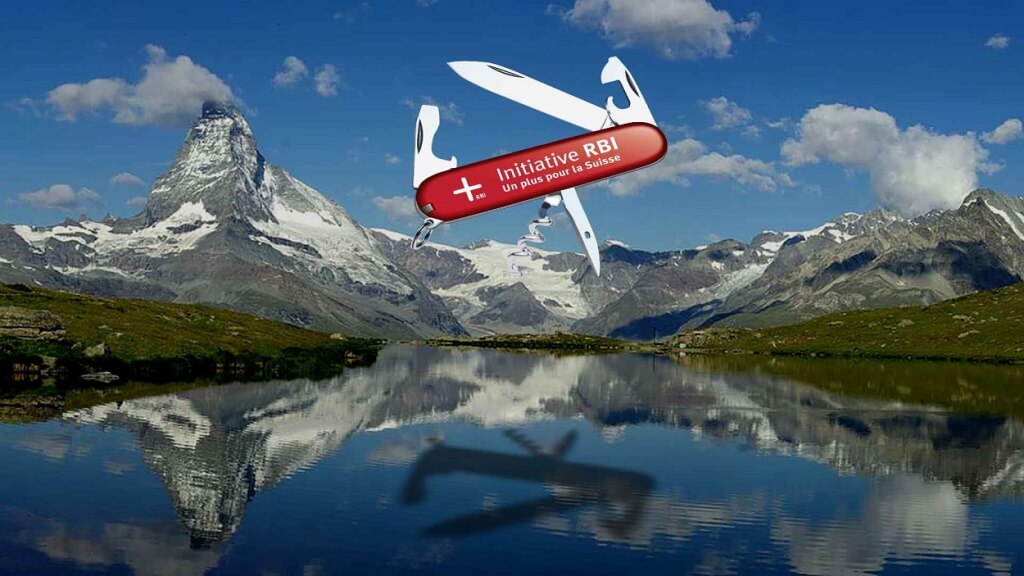
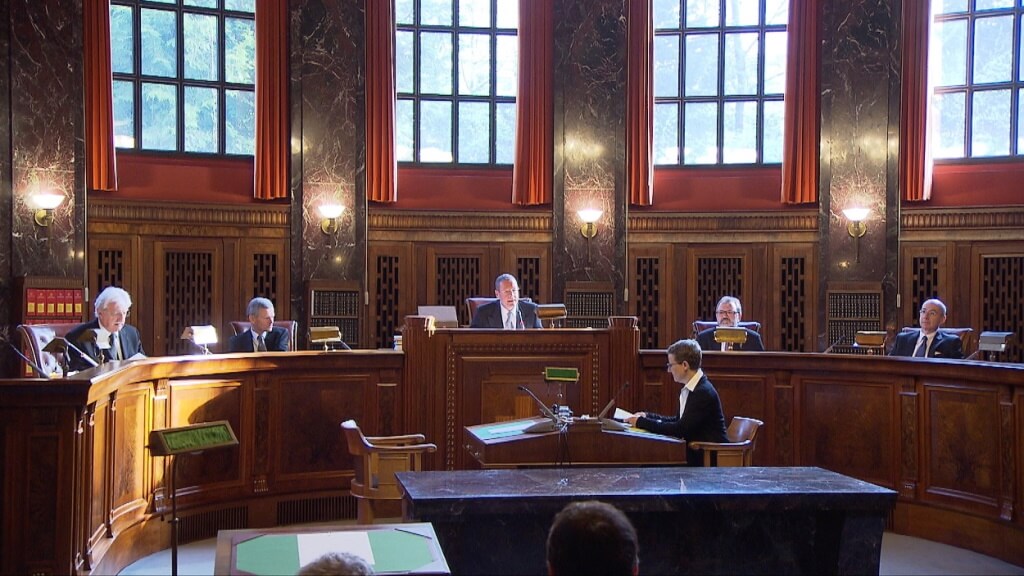
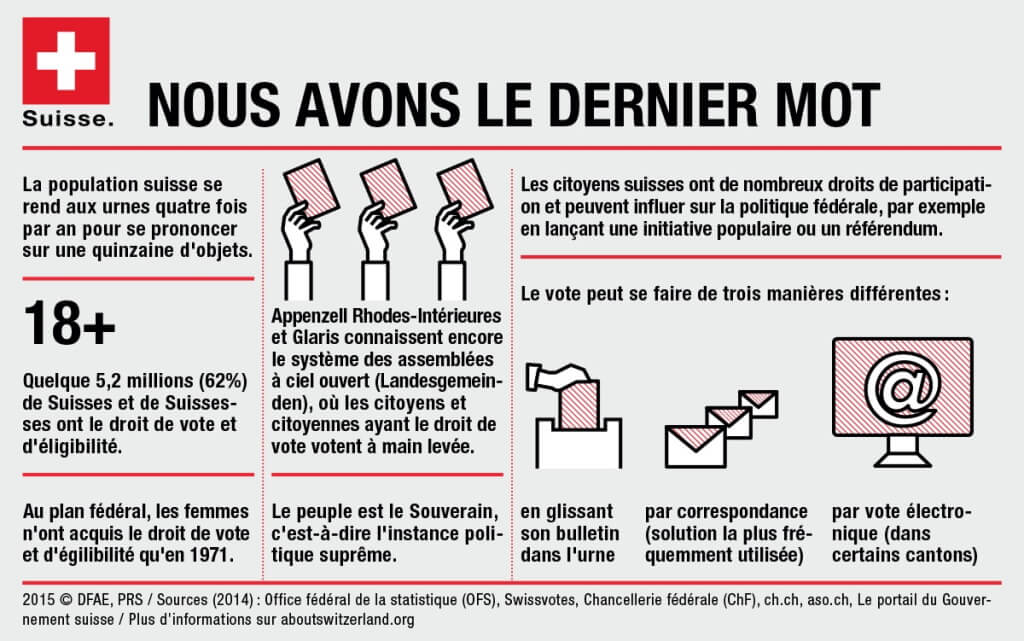
Right of referendum: right of the population to approve/reject a project of the public authorities.
Referendums are not organized at the whim of the authorities but only the law determines which decisions must be submitted either to compulsory voting or to optional voting, ie in this case at the request of citizens.
Right of initiative: right of citizens to propose a project (revision of the constitution, law, etc.).
The authority can propose a counter-project to the citizens’ initiative. The population must answer 3 questions: yes or no to the initiative, yes or no to the counter-proposal, yes to only 1 of the 2 proposals if the 2 obtain the majority of the votes.
3 principles: Any project submitted to the people must adhere to the following principles:
– respect for superior law
– uniqueness of the subject (the citizen must not answer several questions with a single question.)
– must not be demonstrably feasible.
Access to all: To launch the optional referendum or initiative, the number of signatures to be collected must be low enough (~0.5% pop.) so that these rights are accessible to the citizen and not only to large organizations.
Levels of power: Political rights are generally exercised at the municipal, regional, federal level of power. Depending on the nature of the decisions, at the level of several municipalities or federated entities.
Votes: Votes are held 4 x/year. Citizens receive their voting material at home and can vote by post (voting envelope), electronically or by going to the polling station.
Decisions are made by the government constituted by all of us! We are the government.
Court: Citizens can go to the Federal Court if they believe their political rights have been violated.
Benefits of political rights?
Concordance between public authorities and citizens, legitimacy, open and lively political life, quality of projects, good financial management, distribution of power, reduction in the role of interest groups and parties, low corruption and citizen satisfaction (80% in Switzerland ).





